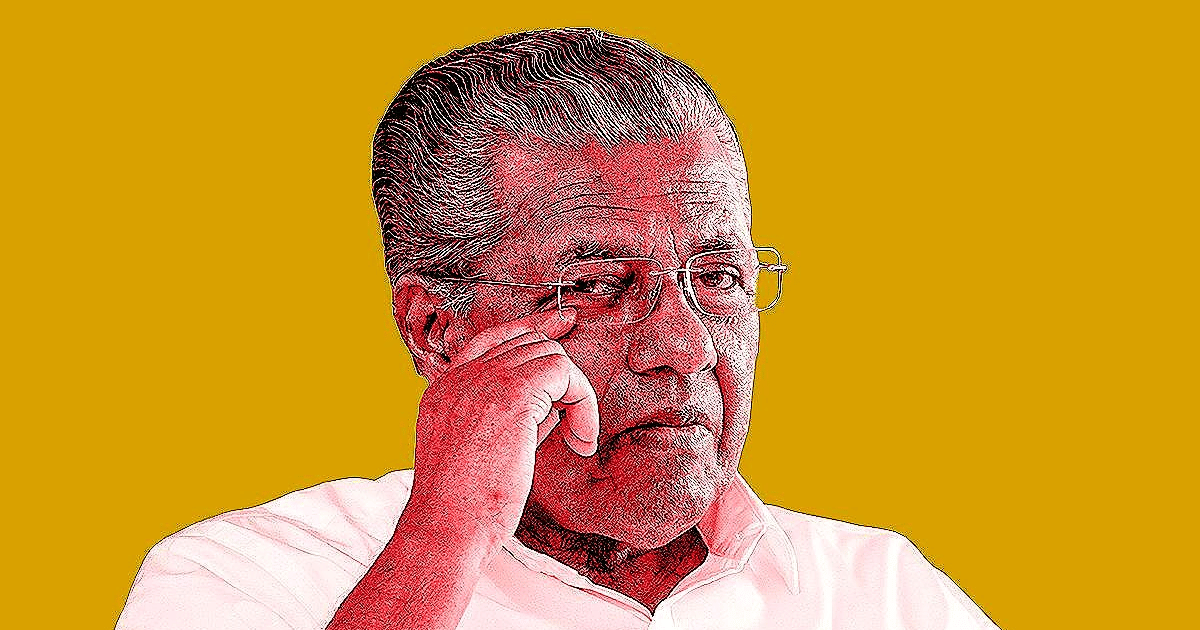 |
|
The recent comments made by Kerala Chief Minister Pinarayi Vijayan regarding the legacy of Sree Narayana Guru have ignited a fierce political and ideological battle within the state. Vijayan's assertion that attempts to portray the social reformer as a proponent of Sanatana Dharma are an insult to his memory has drawn sharp criticism from the BJP, who accuse the CM of disrespecting the Hindu faith and its followers. This clash highlights the complex interplay of religion, politics, and social reform in Kerala, a state known for its diverse religious landscape and historical struggles for social justice. The core of the disagreement revolves around the interpretation of Sree Narayana Guru's teachings and their relationship to established religious frameworks. Vijayan emphasizes the Guru's advocacy for a society free from caste and religious distinctions, arguing that attempts to confine him within the traditional structures of Sanatana Dharma are a misrepresentation of his vision. This interpretation aligns with the CM's broader political ideology and his party's commitment to social equality and secularism.
The BJP, on the other hand, views Vijayan's remarks as a deliberate attempt to denigrate Sanatana Dharma and undermine the Hindu community in Kerala. They argue that Sree Narayana Guru, despite his emphasis on social reform, remained deeply rooted within the Hindu faith and that Vijayan's statements are disrespectful to his legacy and to the millions of Hindus who revere him. The BJP's criticism is further fueled by their perception that Vijayan's government has consistently targeted Hindu religious practices and institutions, citing instances such as the Sabarimala Ayyappan Temple controversy. This perception of targeted attacks has intensified the political tensions surrounding Vijayan's comments, transforming the debate into a broader contestation of the CM's governance and his party's relationship with the Hindu community in Kerala. The BJP's response, marked by strong rhetoric and accusations of disrespect, has effectively raised the stakes, turning the discussion into a significant political battleground in the state.
The controversy surrounding Vijayan's statements underscores the delicate balance between religious freedom, social reform, and political rhetoric in a diverse and religiously complex society like Kerala. The differing interpretations of Sree Narayana Guru's legacy highlight the challenges inherent in navigating the intersection of religious traditions and modern social and political ideals. The BJP's strategic use of the controversy to mobilize its Hindu base and criticize the CM's governance reflects the political weight of religious issues in Kerala's electoral landscape. The incident also serves as a reminder of the ongoing tension between those who seek to reform existing religious structures and those who advocate for preserving traditional practices. The debate goes beyond a simple disagreement on historical interpretation; it highlights deeper fault lines within Kerala society regarding religious identity, secular governance, and the role of historical figures in shaping contemporary political narratives. The ongoing dialogue surrounding this controversy will undoubtedly continue to shape political discourse and public opinion in Kerala for the foreseeable future.
Furthermore, the comparison drawn by BJP leader V Muraleedharan, questioning whether Vijayan would dare to make similar comments about the Quran, underscores the sensitive nature of religious discourse in India and the potential for any statement on one faith to trigger a wider political and social reaction. This comparison highlights the potential for such debates to escalate beyond their initial context and become entangled in wider issues of religious tolerance and political polarization. The controversy is not simply confined to Kerala; it reflects national-level tensions surrounding religious identity and the role of religion in politics. Analyzing the incident demands consideration of the broader political climate in India and the ongoing debates concerning religious freedom and social reform within the context of a diverse and pluralistic nation. The event serves as a case study of how seemingly specific political disagreements can quickly escalate into significant conflicts reflecting broader social and political divisions.
